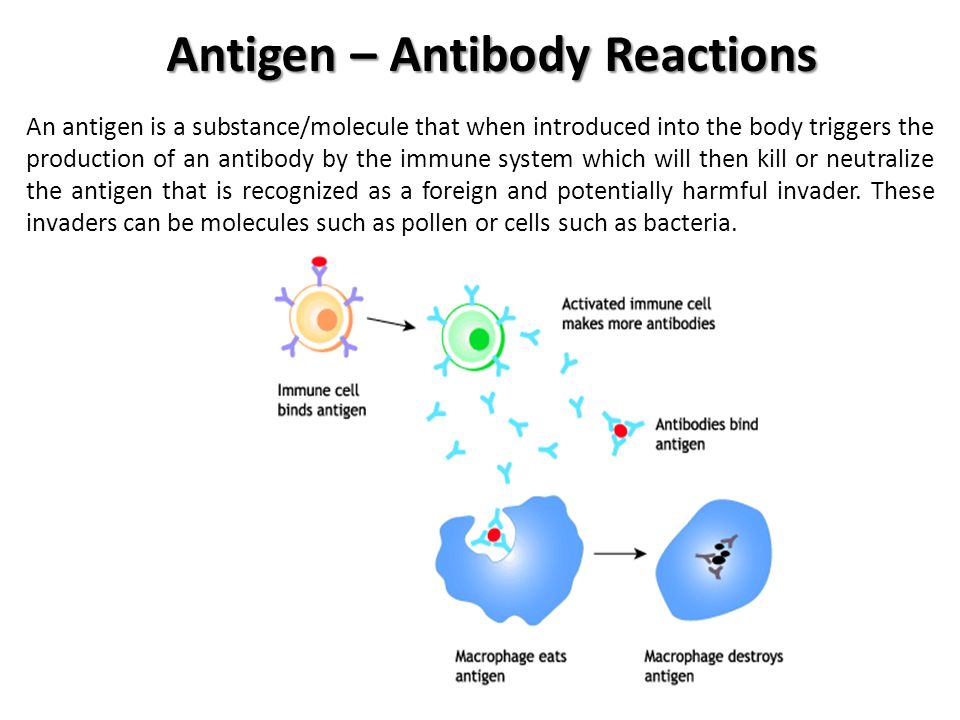
science journalist - on book leave
otherwise covering the pandemic as an independent reporter for @WIRED, @NatureNews, @NYTimes and +.
https://t.co/tJqvj4v67Q
2 subscribers
How to get URL link on X (Twitter) App


https://twitter.com/WHO/status/1243972193169616898
